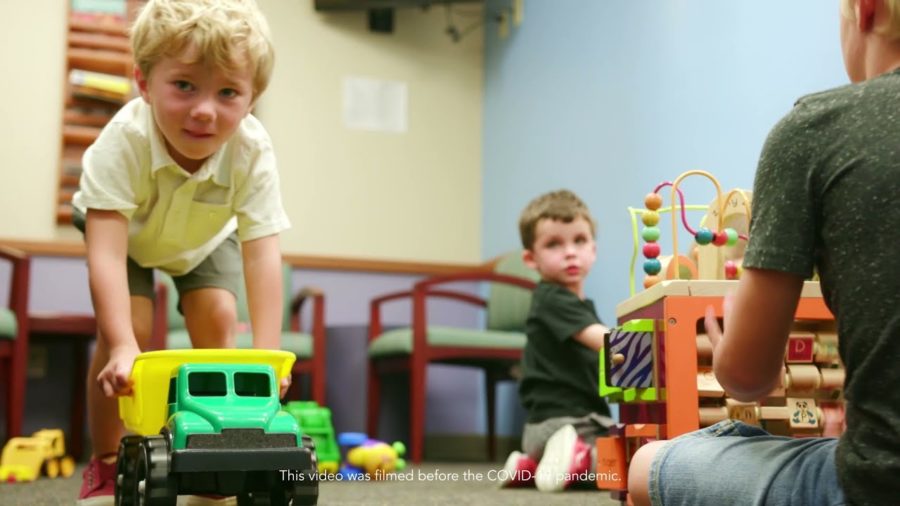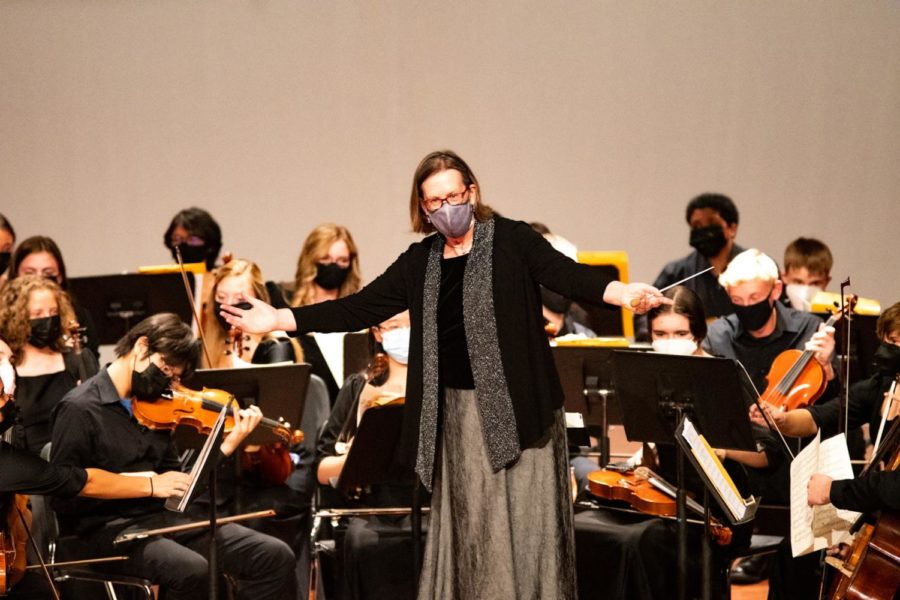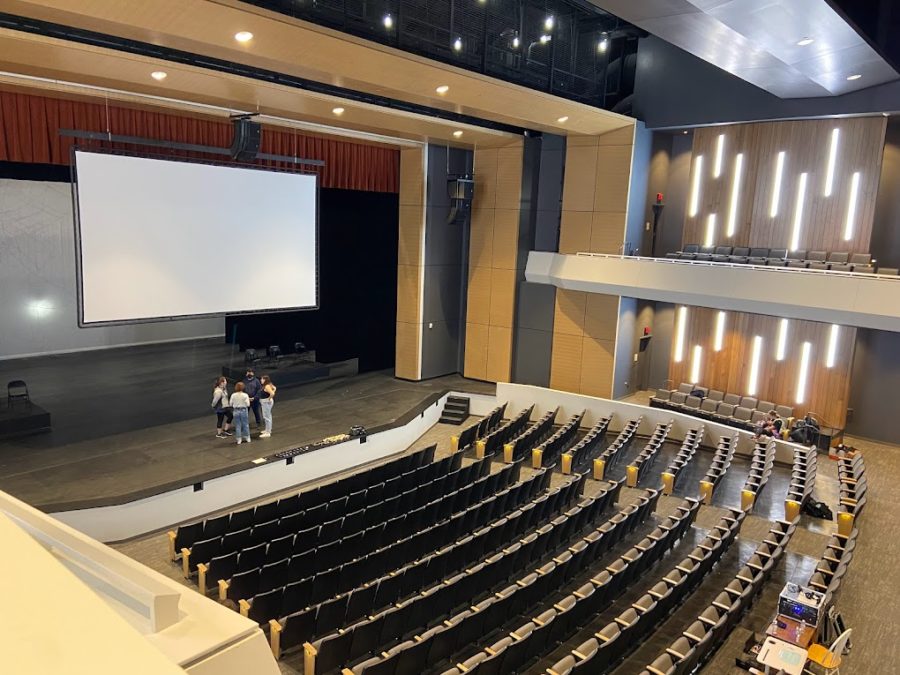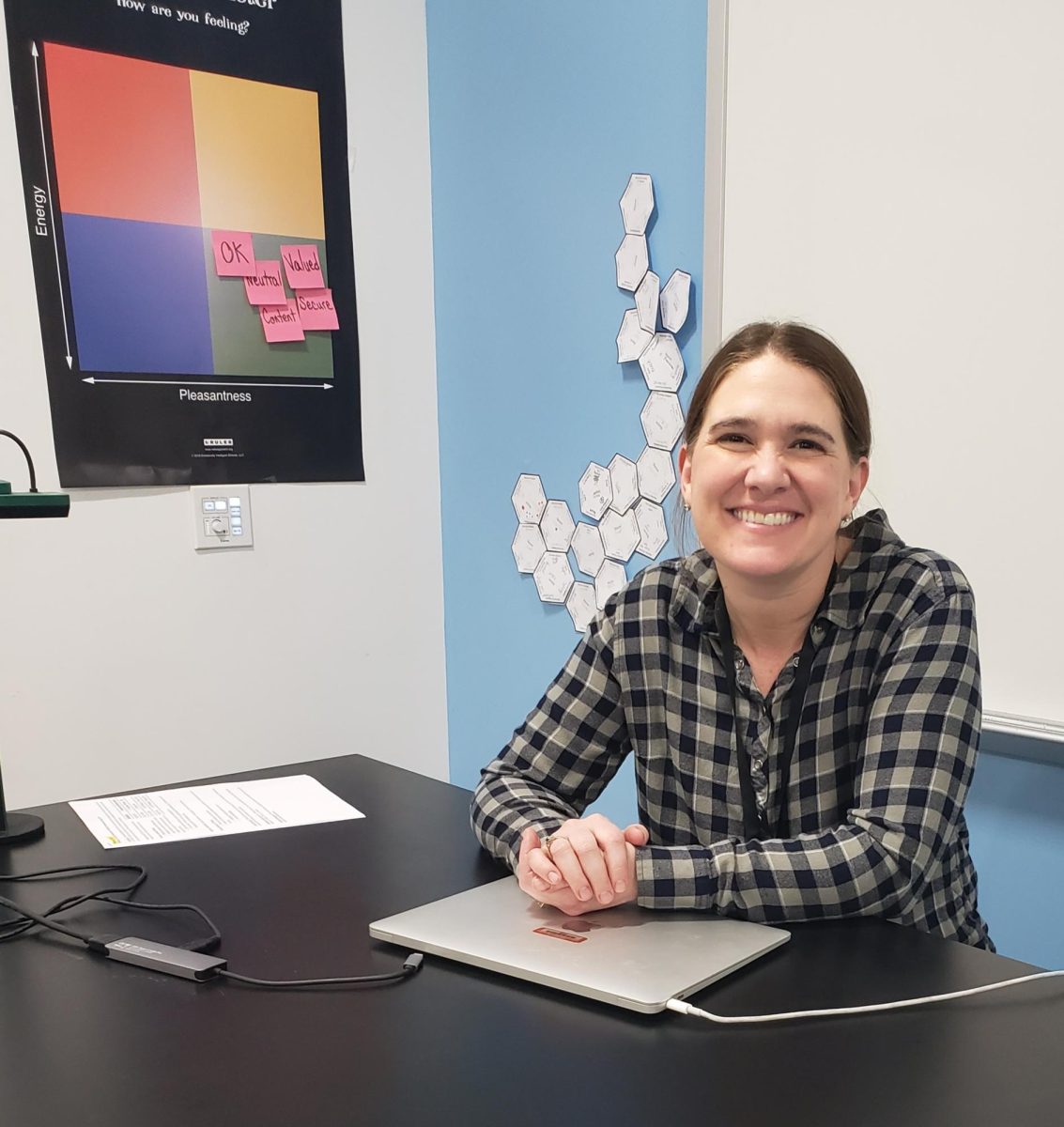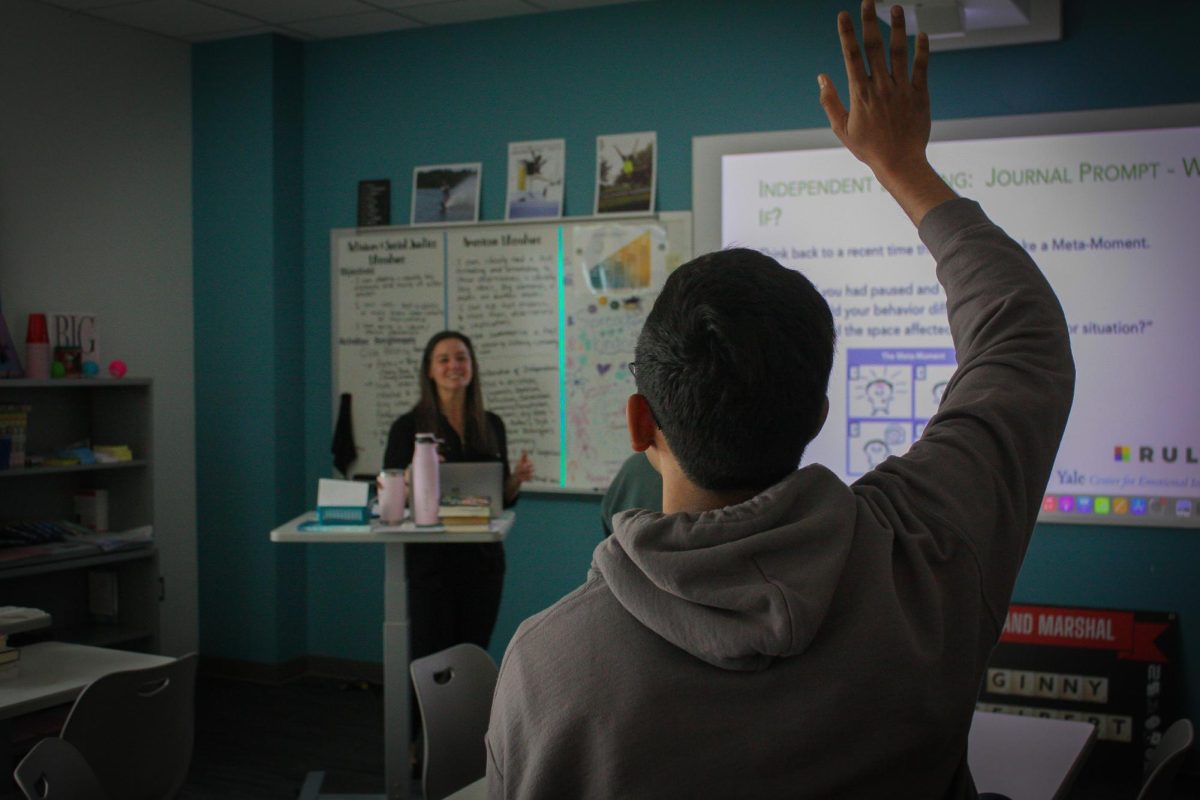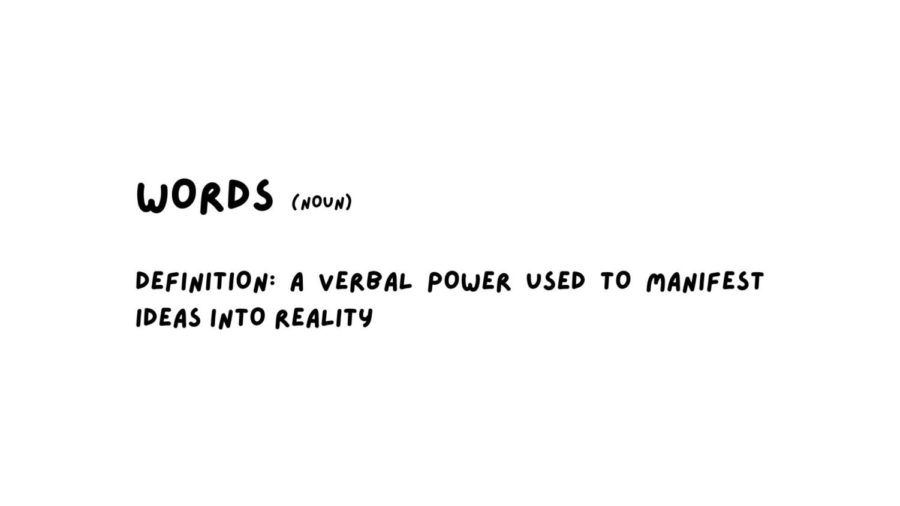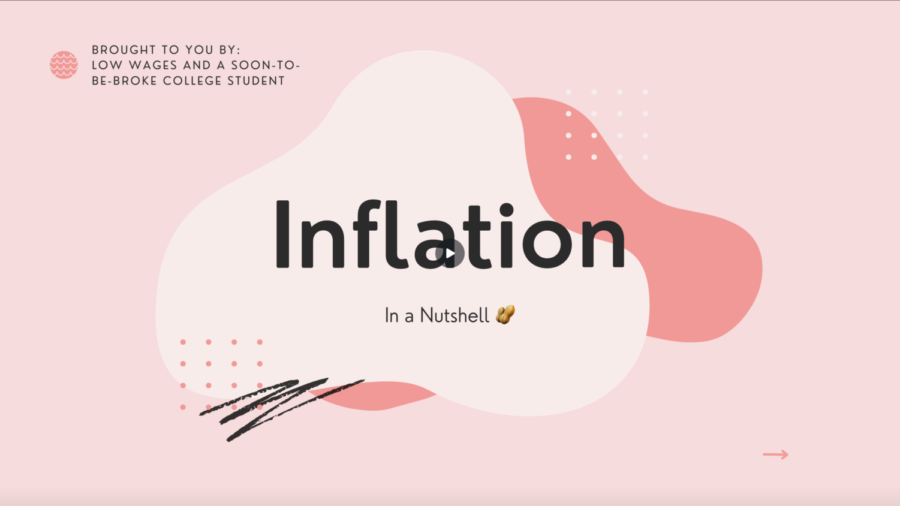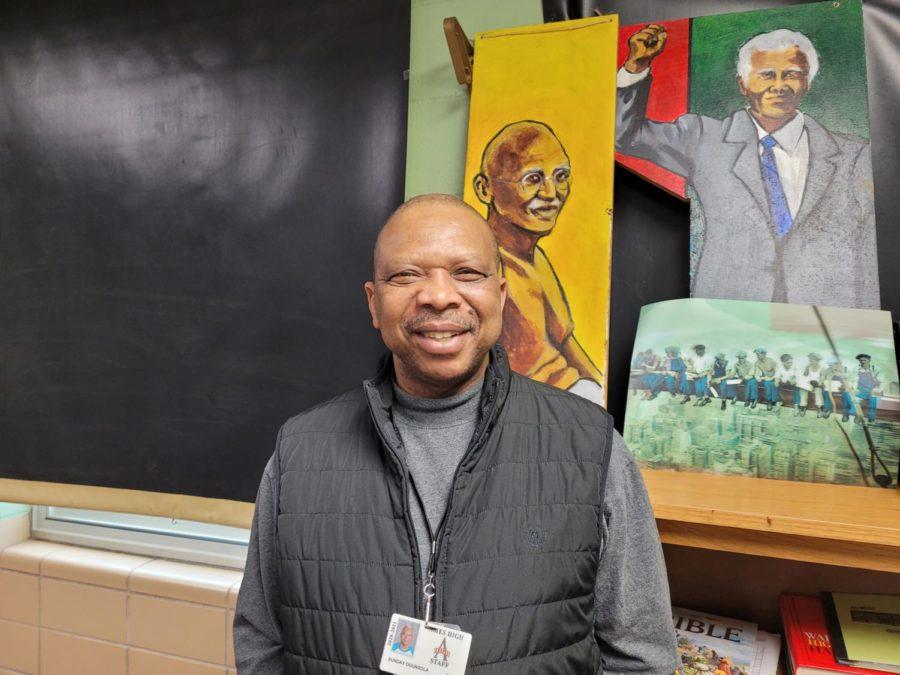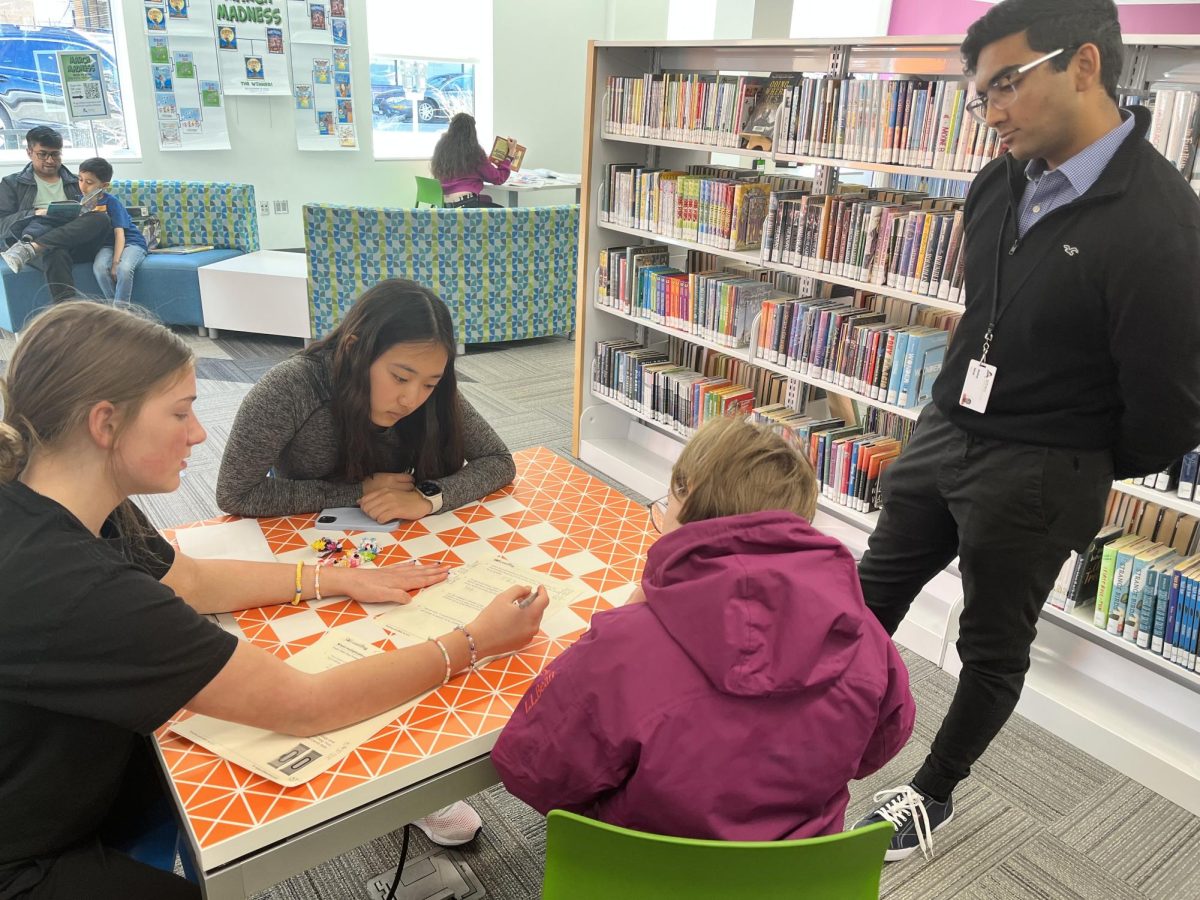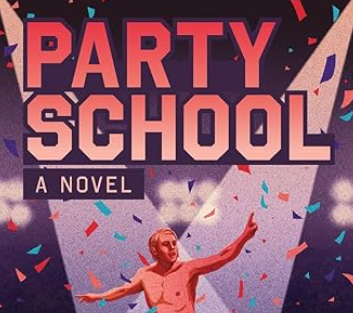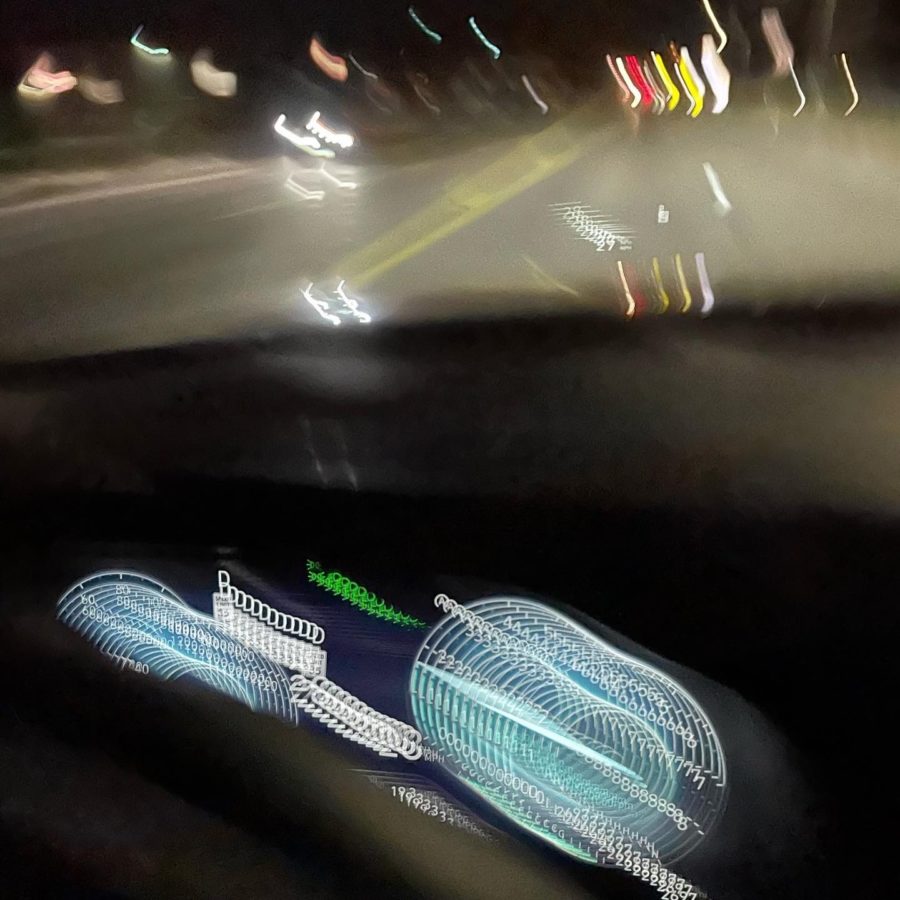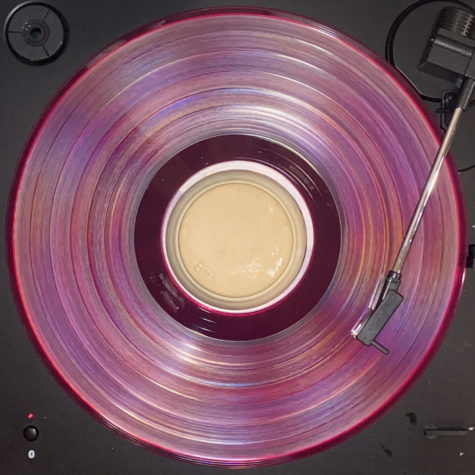Reality Review: Do We Live In A Simulation?
May 10, 2018
Since philosophy’s beginnings, people have debated the nature of reality. From Descartes hypothesizing that a demon was using evil magics to fool his senses, to the ‘brain in a vat’ that is directly stimulated, to Zhuangzi wondering if he was a man dreaming he was a butterfly or a butterfly dreaming he was a man, the ultimate impossibility to truly believe our reality has been a topic of debate for millenia.
The newest form of this idea is that our universe is a simulation. While an absurd idea on the surface, there are some surprisingly decent arguments for it if you hear them out- in the words of Nick Bostrom:
- “The fraction of human-level civilizations that reach a posthuman stage (that is, one capable of running high-fidelity ancestor simulations) is very close to zero”, or
- “The fraction of posthuman civilizations that are interested in running ancestor-simulations is very close to zero”, or
- “The fraction of all people with our kind of experiences that are living in a simulation is very close to one”
Translated to English: if there are, one, civilizations capable of building reality simulations, that are, two, willing to build reality simulations, then, three, probability dictates that the odds of our universe being one of those simulations is much higher than the odds of us being in reality.
This isn’t just heady philosophy, either- a growing culture in physics is that of “digital physics,” an evolution of the idea that the universe’s rules let you predict how things would play out if you had all the information. Following that axiom that most science is based on, digital physics likens the universe to a program- you provide the input, the machine creates the output. By extension, if you had a powerful enough computer with enough information, you could simulate the universe in its entirety.
Ultimately, however, the problem is that these assumptions can’t really be proven, and even if they could be, the effect it would actually have on our lives isn’t very much. There’s the fear that the simulation could be shut down, but the upside is that we would never know- we’d just stop.

